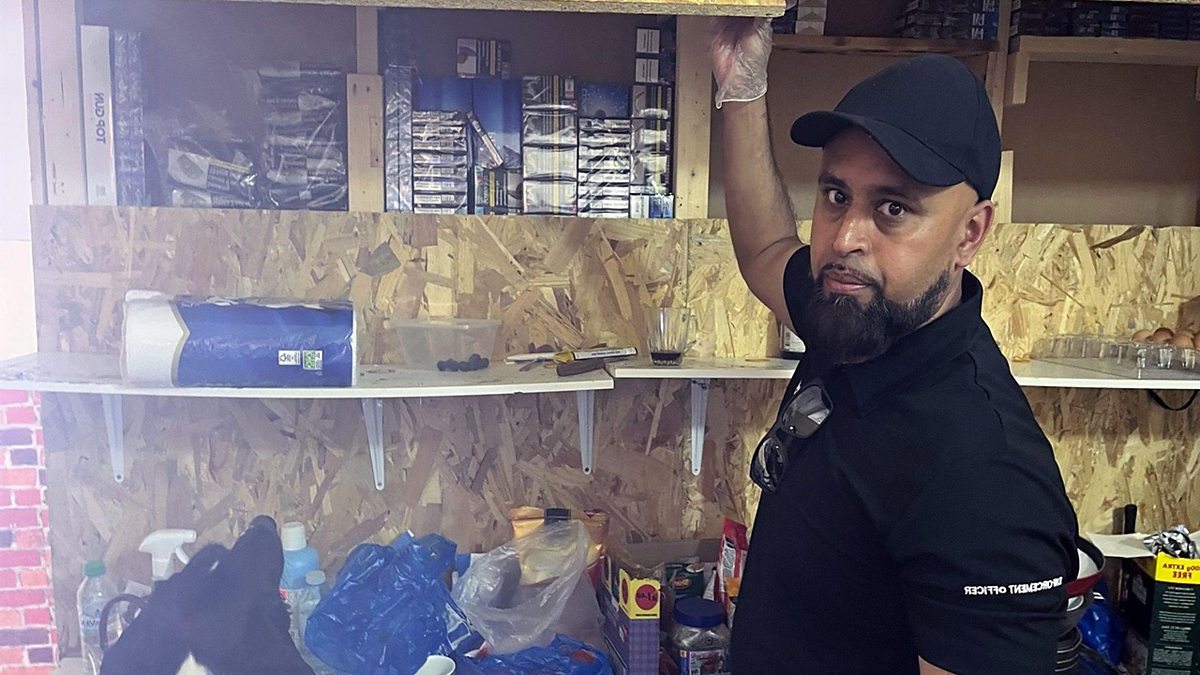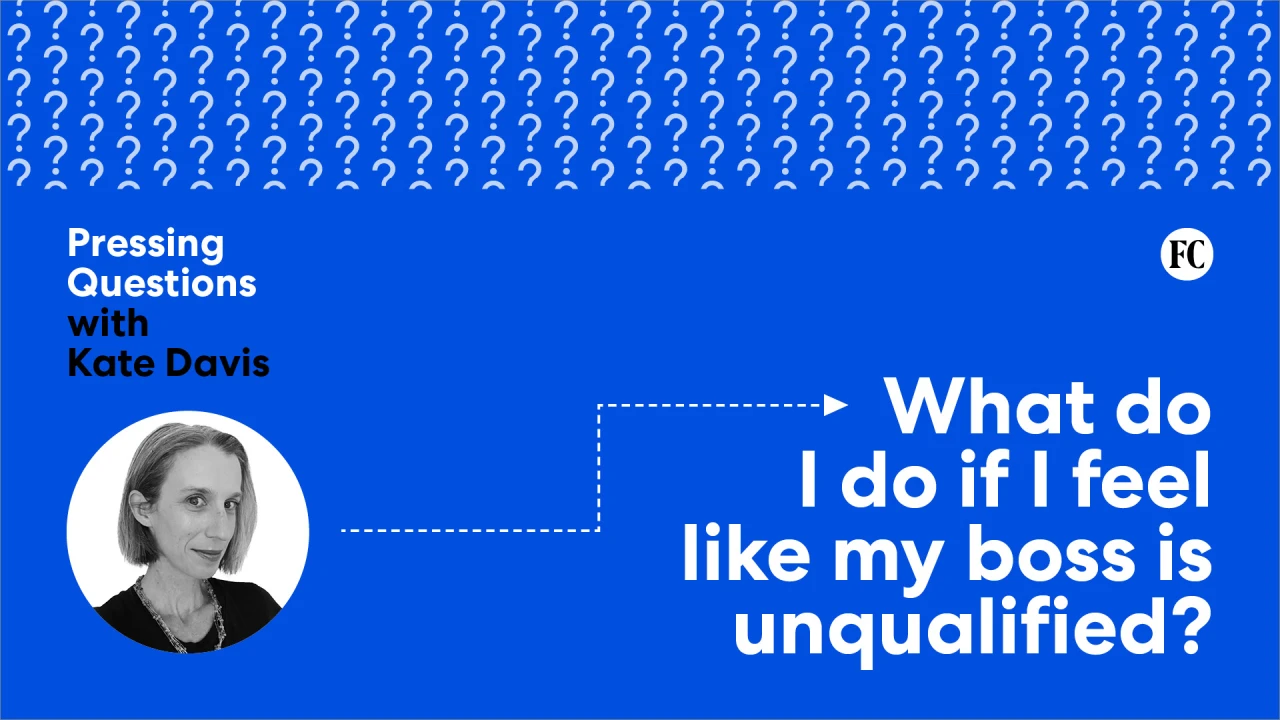The Mental Load Trap

Picture this: You’re in a Zoom meeting discussing quarterly KPIs while simultaneously remembering it’s pajama day at school, mentally adding juice boxes to the grocery list, and wondering if your oldest child ever finished that social studies project on global warming. Spoiler alert: He did not.
Welcome to the mental load. It’s the uniquely infuriating traffic jam taking place in the brain of working parents everywhere. They end up managing not just their jobs, but their family’s entire logistics operation with no staff, no overtime, and zero institutional memory.
This is the invisible work behind the visible work. Not just doing things, but remembering, anticipating, organizing, and emotionally absorbing them. It’s the difference between “make the doctor’s appointment” and “realize child number two hasn’t had a tetanus booster since 2017, locate the pediatrician’s number, find time between meetings, send calendar invites, and prep child so they don’t scream bloody murder when they realize why they are at the doctor.” And it’s mostly moms dealing with this.
A 2021 Pew Research Center report found that 74% of moms say they manage their kids schedules, compared to 22% of dads. And 78% or mothers say they are the ones responsible for household responsibilities. That includes remembering birthdays (even your in-laws), buying new socks before the old ones get holes, and knowing where every single thing in the house is.
It’s not that dads don’t do anything. They do! It’s just that moms are more likely to anticipate needs before they come up. You know, like gifted clairvoyants who can predict a lice outbreak just by glancing at a classroom newsletter.
Why It Matters
Mental load isn’t just a little nuisance. It’s a slow leak of cognitive energy. High mental load is linked to increased burnout, sleep problems, and feelings of resentment (shocking, I know). It’s hard to be fully present at work or even mildly civil at home when your brain is running a 24/7 logistics hotline.
So How Do We Fix It?
I am going to skip the patronizing advice to “just ask for help.” Help implies the task was only yours to begin with. What you need is redistribution, accountability, and a few clever tactics.
1. Conduct a Mental Load Audit
For one week, track every single task you do. Then share it with your partner, kids, or coworkers. And not passive-aggressively. Think of it as a performance review. “This week, I coordinated three dentist appointments, fielded five school emails, replaced the printer ink, and planned four meals no one ate. How was your week?”
2. Create a Cognitive Labor Budget
If your household has a financial budget, you need one for mental tasks, too. Who’s in charge of medical? Logistics? Emotional damage control? Divide and assign. You’re not being controlling; you are being efficient. The true definition of empowerment is when someone else remembers to send the camp deposit.
3. Use the One Free Fall Rule
Let one ball drop. See what happens. Don’t remind anyone to pack their gym clothes. Or spend 30 minutes trying to wake your grumpy teen. If disaster strikes, let it. Sometimes chaos is the only true motivator. That’s not sabotage. That’s professional development—family style.
4. Replace “What’s for Dinner?” With a Rotating Chef
Each week, assign someone else to meal planning. Not just the cooking. The planning. Including lunches. If you hear, “Can we order in” by Tuesday, congratulations. You’ve proven your point.
5. Normalize saying, “I Don’t Do That Anymore.”
This isn’t about giving up. It’s about going sane. You’re allowed to say no to the PTA request to plan the spring benefit. You’re allowed to stop being the household stuff finder. You are allowed to NOT notice that the bathroom toilet paper hasn’t been restocked. (Even though you did. Of course you did.)
Shared accountability
The solution to the mental load isn’t a better planner, or a new app, or an extra hour in the day. It’s shared accountability. And it starts with naming the load, claiming your time, and refusing to be the family’s unpaid executive assistant. Because here’s the thing: if no one else is worrying about the lunch boxes, the lice, or the PTA signup link that’s closing in two hours, it might be time they started.
What's Your Reaction?
 Like
0
Like
0
 Dislike
0
Dislike
0
 Love
0
Love
0
 Funny
0
Funny
0
 Angry
0
Angry
0
 Sad
0
Sad
0
 Wow
0
Wow
0




























































































